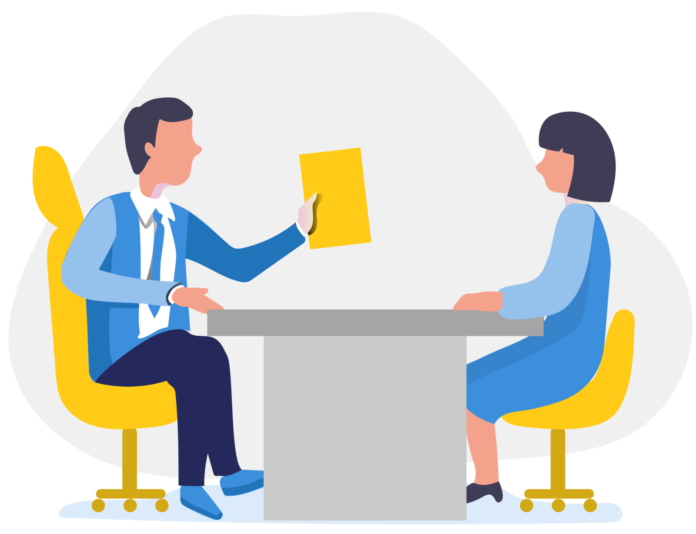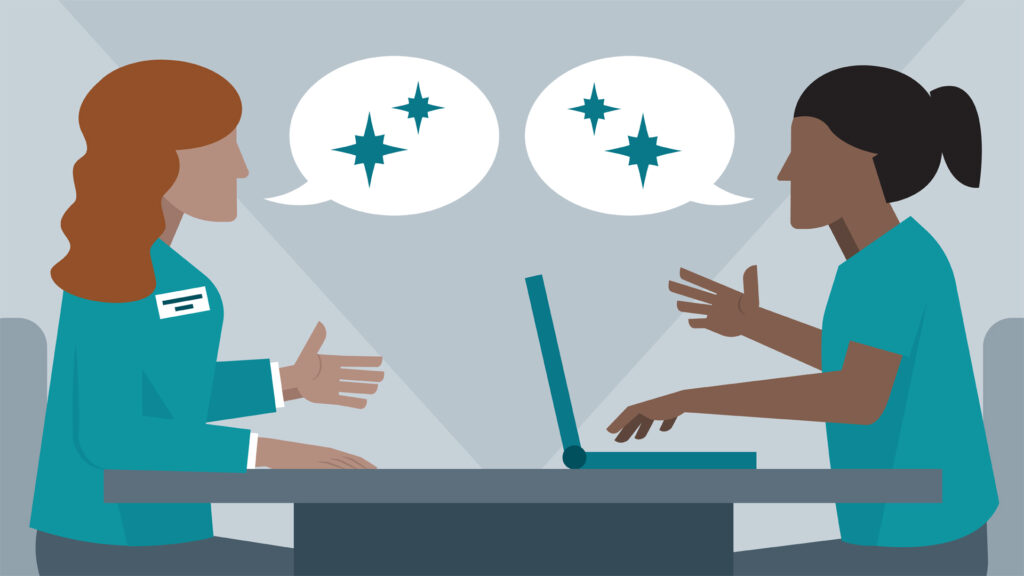
When it comes to consulting, case interviews play a major part in the hiring process. As you probably know, a case interview is not something you can prepare for in a couple of days.
If you are trying to get a job at the top firms like McKinsey, BCG, or Bain, studying case interview examples is probably one of the best ways to prepare for it.
If you are confused and not really sure where to start, you have come to the right place. In this article, we are going to show you the best case interview examples.
Let’s start!
Different Types of Case Interview Formats

There are different types of case interviews. The format of the case interview depends on the company you are interviewing with. Take a look at the individual cases from consultancies here: https://www.myconsultingcoach.com/news/caseinterviewexamples.
Interviewer- led, candidate- led, group case, or presentation only, are the types of the case interview that are used the most.
Still, despite the format, the same thinking method applies to all the types. Every interviewer is looking for the same thing: Do you have what it takes to be a successful consultant?
Now, when you are familiar with different formats, let’s take a closer look at case interview examples of top consulting firms.
BCG Case Interview Examples

There are three steps you need to go through in order to get an offer. First, you need to pass the resume and cover letter screening test. After this, you will have two rounds of interviews.
Also, BCG usually uses four tools to evaluate candidates through the first and the second round of interviews.
Those tools are Case questions, Fit/PEI questions, BCG potential tests, and written cases.
Most likely, you will get a mixture of case interview questions and Fit/ Pei questions, in both interview rounds.
Typically, you will have only one or two Fit/ PEI questions, which will last around 10 minutes, and then you will move on to a case interview, which usually lasts around 40 minutes.
Sometimes, in a second-round of interviews, BCG uses a written case. When you are doing a written case interview, you will be provided with a set of documents that you will use to answer questions.
Usually, you will have two hours to answer these questions using a slide presentation.
Now that you understand what to expect in your BCG interviews, let’s dive into a case interview example.
A case interview needs to be broken into seven types of questions: Situation, Framework development, Framework exploration, Quant question with data provided, Quant question without data provided, creativity question, and recommendation.
In the beginning, your interviewer will present you with a problem faced by the company. Next, they will ask you which sections you would like to look at and solve.
Depending on a business problem, sometimes you need to examine the framework in order to find the cause of the issue. This is called the framework exploration question. The point is to explore the framework and test various hypotheses.

Sometimes, you interviewer will skip framework exploration questions and strat with quantitative questions right away.
Usually, there are two types of quantitative questions, ones with no data provided where you have to make assumptions on your own, and the second one with all the data provided.
These questions are meant to test your capacity to generate qualitative ideas to solve the problem your client is facing.
The creativity question is the next step. This type of question evaluates your capacity to create qualitative ideas in order to solve the problem.
In the end, you will have to summarise all your thoughts on the problem and give the final advice on what they should do.
The format and order may vary, but you will undoubtedly encounter all of these questions during your case interview.
McKinsey Case Interview Examples

Getting a job at McKinsey is quite a challenge. That’s why you need to be familiar with its case interview examples.
Case interviews at McKinsey always test problem structuring and math skills, creativity and business sense skills, and communication skills.
First, you will get a problem-solving test where, among other things, you need to show your math skills.
During the case interview, they will continue to test your math skills. That’s why you need to be able to do math accurately and quickly.
You will be asked to solve the problem in a structured way, which means you need to have a step-by-step approach, that will be clear and easy to understand.
All the McKinsey case interviews are created to assess both your creativity and business sense. Your interviewer will evaluate your capability to come up with a different range of ideas.
Note that you are not required to have any experience of the industry your case interview will be about.

Finally, your interview will test your communication skills. Working as a consultant you will be working with a lot of clients, that’s why communication skills are necessary.
Make sure to communicate your idea in a structured and clear way. Always speak professionally and confidently.
As you know, all consulting firms are using case interviews during their hiring process, but McKinsey interviews are slightly different.
First, they usually control the interview, more than other interviewers. They use an interview-led format while BCG use candidate – led interview format.
Bear in mind that it’s more difficult to get into McKinsey, and your interviewer will challenge your logic and the quality of your solutions more than in other companies.
Wrapping Up
Case interviews are among the hardest job interviews in the world. The questions are difficult, and even interviewers can seem intimidating.
Traditional job interviews are focused on your background and past experiences, but case interviews test your skillset. You basically need to demonstrate your skills in front of your interviewer.
You need to show your structured way of thinking, communication skills, and professionalism.
The good news is that with the right preparation and good case interview examples, this type of interview can be quite straightforward.








